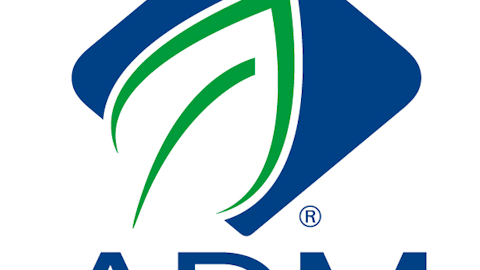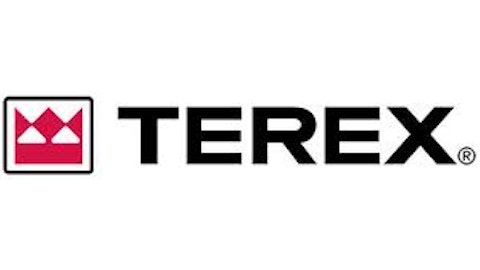Exchange-traded funds offer a convenient way to invest in sectors or niches that interest you. If you’d like to add some agriculture-related stocks to your portfolio but don’t have the time or expertise to hand-pick a few, the cutely tickered Market Vectors Agribusiness (ETF) (NYSEARCA:MOO) could save you a lot of trouble. Instead of trying to figure out which companies will perform best, you can use this ETF to invest in lots of them simultaneously.

The basics
ETFs often sport lower expense ratios than their mutual fund cousins. The Market Vectors Agribusiness (ETF) (NYSEARCA:MOO)’s expense ratio — its annual fee — is 0.54 %, and it recently yielded about 1.8%.
This ETF has underperformed the world market over the past three and five years. It’s the future that matters most, though. And as with most investments, of course, we can’t expect outstanding performances in every quarter or year. Investors with conviction need to wait for their holdings to deliver.
Why agriculture?
It’s hard to say with much certainty what many industries will look like in the future, but we can be pretty sure that our planet’s growing population will continue to require food.
More than a handful of agriculture-related companies had strong performances over the past year. Archer Daniels Midland Company (NYSE:ADM), for example, surged 37%, and is admired for its vertical integration, featuring farms, processing plants, and more. Its last quarter featured revenue slightly up, but earnings down, in part due to last year’s droughts. The company remains a solid dividend payer, though (recently yielding 2.1%), and is looking to expand in Asia via its purchase of Graincorp Ltd (ASX:GNC), Australia’s leading agribusiness. It has also been upgraded from underweight to neutral by analysts at JPMorgan Chase & Co. (NYSE:JPM), who think it will benefit from lower corn prices, but it still features low margins and doesn’t seem very undervalued right now. Archer Daniels Midland Company (NYSE:ADM) is considering selling its cocoa business amid falling cocoa prices.
Other companies didn’t do as well last year, but could see their fortunes change in the coming years. Fertilizer giant Potash Corp./Saskatchewan (USA) (NYSE:POT) dropped 13% and yields 3.7%. (Its dividend has been hiked 25% this year and some 700% over the past few years.) With its current and forward P/E ratios well below its five-year average, the stock seems appealingly priced. Bulls like its low-cost structure and solid profit margins. Some of its fate is tied to massive developing economies such as China, where growth has slowed, and India, where there is reportedly a potash oversupply. Potash Corp./Saskatchewan (USA) (NYSE:POT) carries a lot more debt than cash, but it’s also generating more than $1 billion in free cash flow annually. Some worry about major fertilizer Brazil’s plans to wean itself off foreign fertilizer, but others doubt that it will succeed anytime soon.
Fellow fertilizer concern CF Industries Holdings, Inc. (NYSE:CF) shed 9%, and looks attractive with its forward P/E ratio below 7. Like Potash Corp./Saskatchewan (USA) (NYSE:POT) and others, the nitrogen and phosphate specialist may be hurt if Brazil stops importing fertilizer, but that’s not likely to happen soon. Meanwhile, some peers may be hurt by changes in India, but CF Industries Holdings, Inc. (NYSE:CF) is better positioned there due to its product and sales mix. It has also been benefiting from low natural gas prices, as that’s used in nitrogen fertilizer. Rising nitrogen prices have helped, too.
The big picture
Demand for agriculture isn’t going away anytime soon. A well-chosen ETF can grant you instant diversification across any industry or group of companies — and make investing in and profiting from it that much easier.
The article There’s Money to Be Made in Food and Agriculture Stocks originally appeared on Fool.com is written by Selena Maranjian.
Longtime Fool contributor Selena Maranjian owns shares of JPMorgan Chase. The Motley Fool owns shares of CF Industries Holdings (NYSE:CF) and JPMorgan Chase.
Copyright © 1995 – 2013 The Motley Fool, LLC. All rights reserved. The Motley Fool has a disclosure policy.





